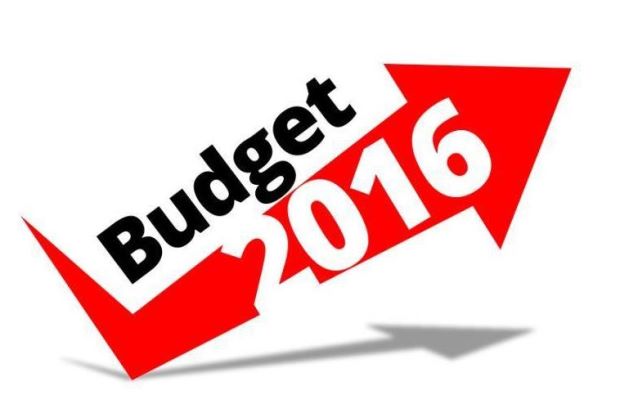
Though the budget promised a hike in stamp duty rates for any property not intended for use as a main residence, this was something landlords have expected and bought or old sold accordingly. This mainly impacted new landlords that perhaps were looking to purchase one or two properties and then try to make an income from them.
There was a surprise in the large portfolio rental market. Landlords who own 15 properties or over believed they would be exempt from this higher stamp duty rate, however the budget applied the changes across the board. Private landlords have been supporting the need for private rental properties brought about by the lack of available social or council housing. This stock of housing has been helping generation rent and those people who can’t afford to get on the housing ladder yet. Although the ideal balance of home ownership has not been met during the last 7 to 10 years penalising private landlords does not seem to be a solution with so many other areas needing to be addressed. These areas include the lack of building of houses, planning issues, mortgage availability with Mortgage Market Reviews (MMR) and younger generations that move regularly around the country to progress their careers.
This budget really does seem to apply more penalties to property investors and it is those same property investors that are providing a vital service for many people who are happy to rent. In effect these moves will make it even harder for tenants to get on the housing ladder as rental prices increase possible short term stagnation of available properties.
The next move was to slash capital gains tax rates, but the surprise was that gains made on property would still be subject to old higher tax rates. It follows a number of tax increases on property investors, including the scrapping of the higher relief that allowed landlords to offset their mortgage interest against income tax bills (phased in from April 2017), and a new annual tax on offshore owners of UK property. This increase does not apply to commercial property though and some landlords may then be incentivised to invest that way.
This combination of things will put increased pressure on landlords and may provide less incentive for them to invest in more domestic property in the short term. This in turn could put pressure on rent prices pushing them upwards – exactly what tenants will not be pleased about and may push their affordability of certain properties out of reach potentially pricing some tenants out of the private rental market altogether.
One thing some landlords will need to consider is staying self-employed or starting a company to manage their property investment. Some landlords need to be prepared for the fact that starting a limited company comes with its own set of criteria with different accounting requirements and costs.
There has been a 20% increase in house prices over the past 4 years and so bricks and mortar is still one of the best investments and with expected increases of a further 20% over the next 3 years the government may not re-balance the home ownership figures as they would like.
Mike Matthews from Tortoise Property says “The budget seems to be a turning point between the relationship between Private Landlords and the government. The industry has been supported over the last 10 years by the previous governments and recognised as one of the main suppliers of homes to the UK population. This budget may change the relationship and in the short term effect the supply of homes becoming available which are desperately required around the country”.
Here at Tortoise we are here to help. Some of our team are property investors too so many of these changes affect them. Contact us if you are thinking of buying or selling property. We are experts in our field and fully understand the local market and the challenges of being a landlord.
To find out more information about Tortoise Property please visit our website at www.tortoiseproperty.co.uk, our facebook page or visit our blog at www.tortoiseproperty.co.uk/blog.
